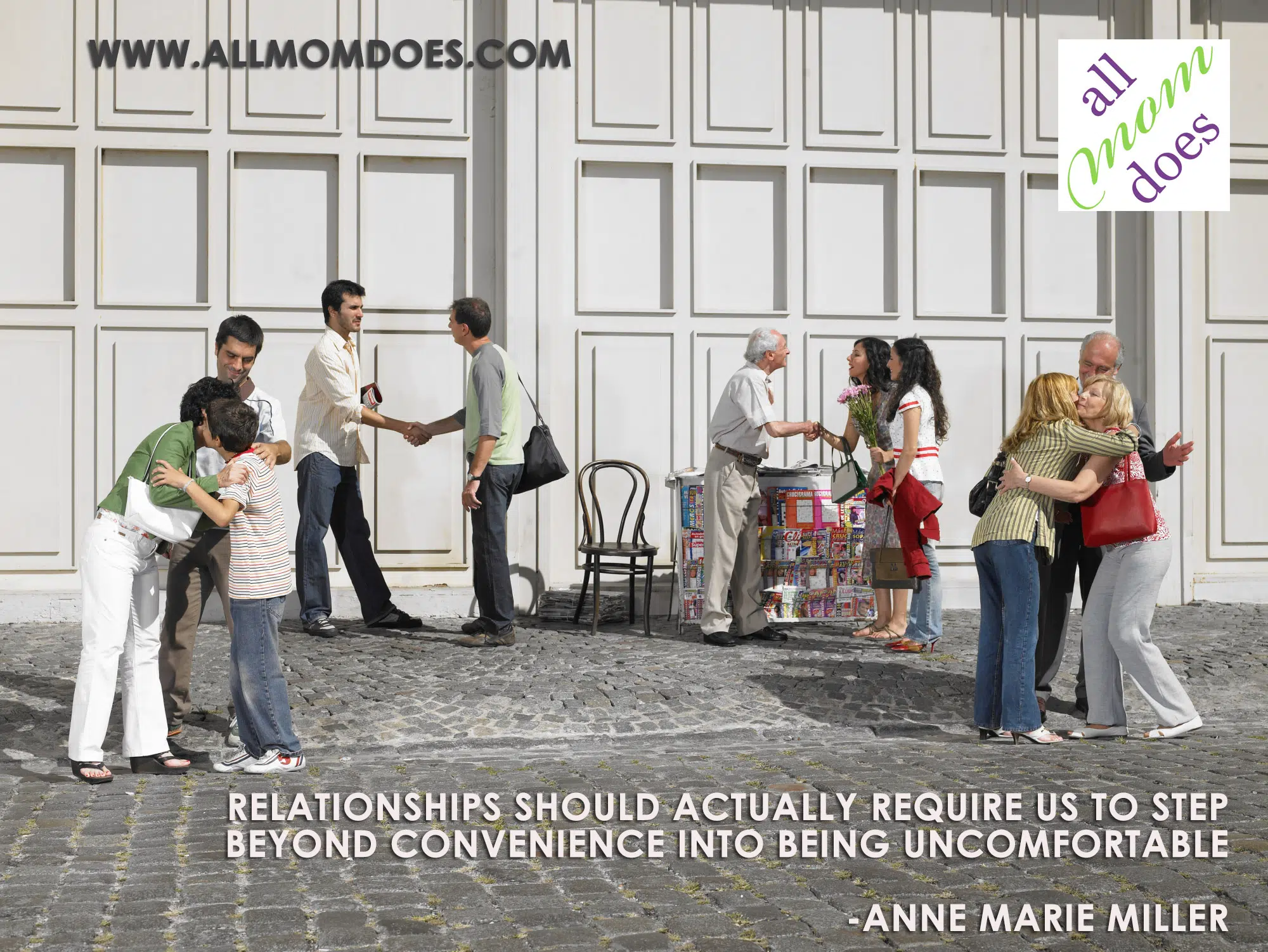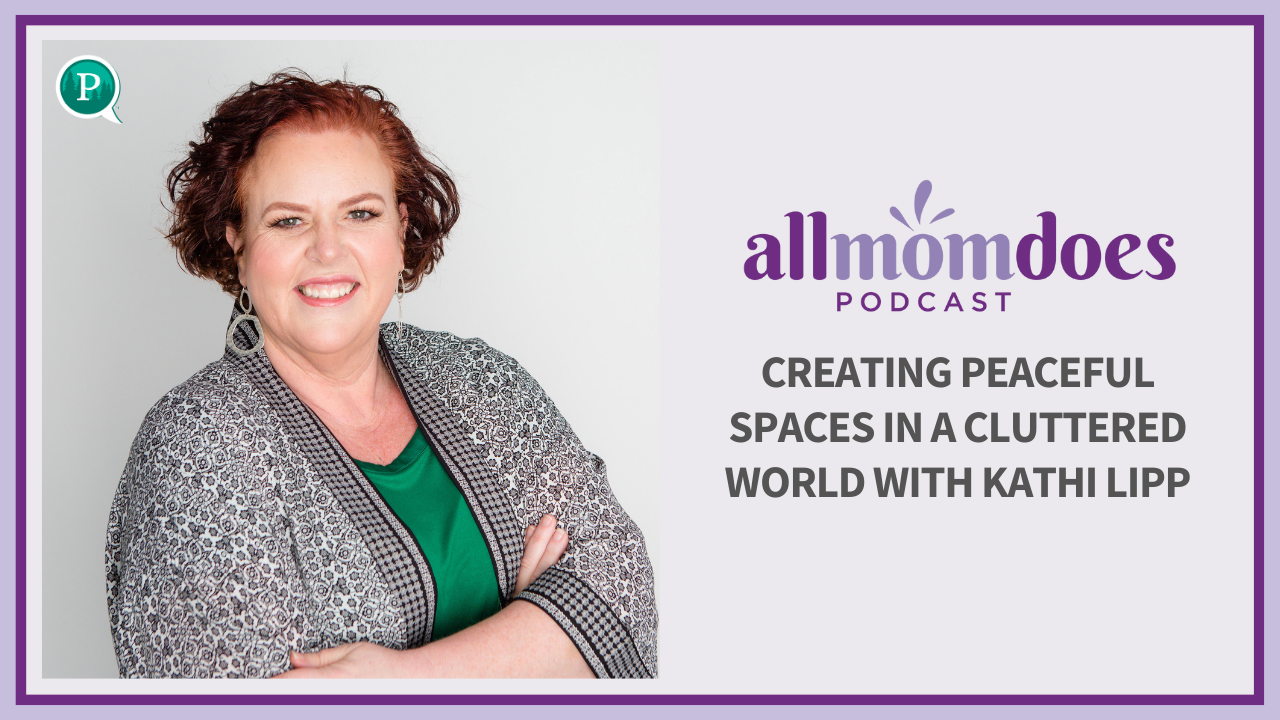When we make a commitment to healthy relationships, we’re not only causing change within ourselves, we’re turning over control to others. To some, commitment feels like the opposite of surrender. Commitment means you are making a choice, therefore keeping some kind of control.
I like to think that commitment is surrendering something and then taking it one step further. It’s the giving away of something but with the hope of permanence in mind. Yes, we are in control when we choose to commit something; in making that decision, we surrender control.
Few things are scarier than the feeling of losing control. Again, this is where we can take that fearful leap and rewire our minds with truth. When we commit to pursuing the desires God has for us relationally, we aren’t losing control. We’re making the choice to give it away in surrender. It’s a sacrifice, and I’d argue a holy one at that.
When we feel like we have control over any area of our lives, what we’re experiencing is actually an illusion of control. Sure, we may be able to plan things (and most of the time, planning things is a wise idea!), but how often do the things we plan work out the way we want? Sometimes they do, and in those seasons when the unexpected rarely shakes our lives it may seem like a quiet blessing. Yet if we take these calm moments and think it’s by some work of our own that they exist, later on, it only causes us more pain. If we hold on to the notion that we’re in control, when crisis hits, we become disoriented.
We are not in control.
At the lowest point in my grief, after I returned to Nashville, most days it was hard to get out of bed and go outside. I felt so displaced and lonely. However, since I was living with Michael and Gail and they were on my team, it wasn’t easy to stay in that isolation.
Graciously, they would ask me how I was sleeping, or if I could take their dog for a walk, or if I could join them for dinner. I didn’t think I had the energy to do anything, but by taking these tiny steps, I found it created a desire in me to do more.
Part of my pledge to my team was to take care of myself spiritually (by resting, going to church, serving, and spending time in Scripture and prayer), physically (exercising, eating right, not using food or drink as coping mechanisms, and getting the right amount of sleep), relationally (by frequently getting together with others), emotionally (by going to counseling and reading books that spoke healing into my situation), and financially (by spending my money wisely and asking them for advice when I needed it).
I realize the commitments I made to my team were a little out of the ordinary and quite specific, but I was in a place where I couldn’t manage even the smallest things on my own. I needed their guidance, with the understanding that their advising came from a place of being nourished by the Spirit. These commitments weren’t only about the actions themselves; it was about giving away my control to this group of people and them pledging to hold me to the things I committed, so that over time and into the future I would have my hands held open, prepared to receive healing when the time arrived.
Life-giving relationships require commitment and vulnerability from each person in the relationship. If my team wasn’t committed to holding me to the things I promised, it would be easy for me to give up and take control back. At the same time, if I wasn’t open and honest with my team about what I was doing, I likely wouldn’t see any progress in my healing. Real growth requires absolute permission: permission to ask and to be asked the hard questions.
Commitment isn’t an easy thing, especially in a world where we want instant gratification or we perceive a greener pasture and wander over to it. Our relationships are more nomadic and sporadic than ever. We tend to see relationship as something that has to be convenient for us in order for it to work. Instead relationships should actually require us to step beyond convenience into being uncomfortable. If we aren’t feeling growing pains as we move into more committed relationships, that’s an indicator those relationships aren’t becoming stronger.
Commitment causes discomfort, and it also causes growth.
Enter-to-win Anne’s new book: Lean On Me: Finding Intentional, Vulnerable, and Consistent Community.

















